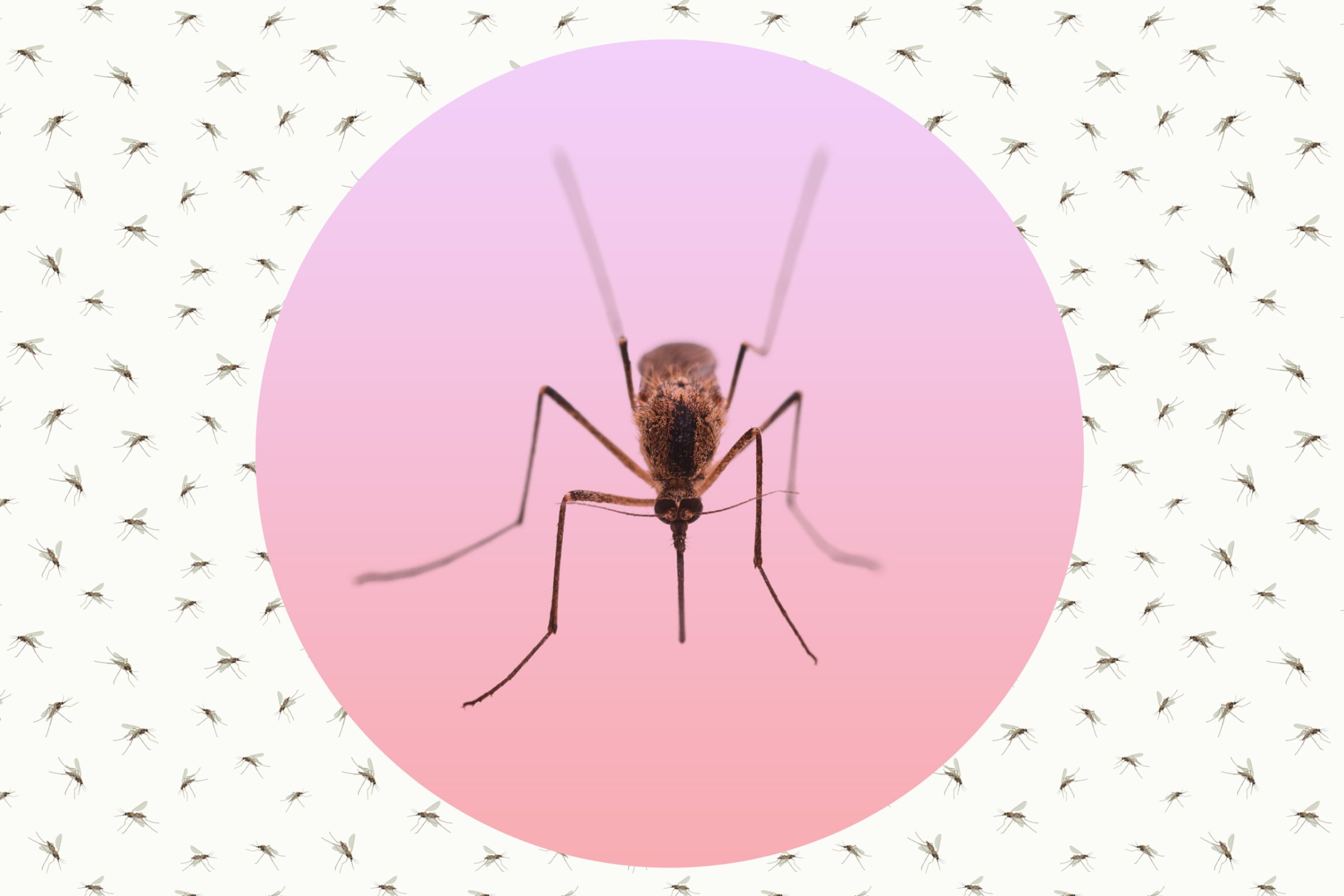
It’s mosquito season, and this year, people in the United States are extra skittish amid news that the Zika virus is rapidly spreading through the Americas. Not to mention the other mosquito-borne diseases to worry about. On Tuesday the Texas Department of State Health Services announced a locally transmitted case of the debilitating disease chikungunya, and West Nile Virus remains a problem in many states. For advice, we spoke to Joseph Conlon, a technical advisor at the American Mosquito Control Association, about the best ways to mosquito-proof your home.
The basics: Getting rid of mosquito-breeding sites is critical to lowering the number of mosquitoes in your yard, and protecting yourself from bites. A mosquito only needs a tiny bottle cap-size pool of water to lay up to 200 eggs, which is why removing standing water is critical. Here’s a list of things Conlon says need to be done:
Don’t forget to scrub: Even after you get rid of the water in buckets or pots, eggs can remain stuck to the sides and survive for months. After dumping water from a vessel, “scrub right above the water line, which is where the mosquitoes lay their eggs,” says Conlon. “Scrubbing them gets rid of them. They fall on the ground and they don’t hatch in the grass.”
Keep your grass short: Conlon recommends keeping grass and shrubbery well-trimmed since adult mosquitoes like to hide there to keep out of the sun.
Be skeptical of backyard sprays: “I am not aware of any product you can spray on your lawn that has been proven to repel mosquitoes,” says Conlon. “Often the sprays for your yard are what are called exempt pesticides, which means they are not required to be reviewed by the U.S. Environmental Protection Agency for effectiveness of safety.” If you still want to use a yard spray, look for one with an EPA registration number.
Bug zappers and trappers don’t do much: Conlon says that while trappers and zappers may capture some mosquitoes, they will not significantly knock down the population in your yard. “They tend to be expensive and hard to maintain,” he says. “I welcome the technology, but they need to make it better. It may provide some psychological comfort to have them.”
Don’t rely solely on candles: People often put scented candles around their yards to repel mosquitoes, and candles made with citronella oil are especially popular. “They’re probably no more repellant than tiki torches,” says Conlon, but they still work to some degree. Just make sure you’re using other methods as well.
Attracting birds or bats to your yard doesn’t necessarily help: Birds and bats are part of many backyard ecosystems, but don’t rely on them for mosquito control. While they do eat mosquitoes, Conlon says the bugs only make up about 1% of their diet.
Keep yourself covered: Wear light clothing that keeps you covered. Mosquitoes especially like to bite your lower extremities, says Conlon. You should also use repellants with around 20 to 30% DEET or ingredients like picaridin, oil-of-lemon eucalyptus, para-menthane–diol or IR3535.
Don’t waste money on wristbands: These are worthless. “No matter what you put in them, all it’s going to do is protect your wrist,” says Conlon. Some people living in areas with particularly high numbers of mosquitoes may want to wear clothing that has repellent in it, but it’s up to your own personal preference. The chemicals are not supposed to come off onto your skin.
Get your neighbors involved: Adequate mosquito control is achieved when everyone pitches in, which is why you should encourage your neighbors to also adopt mosquito control habits to keep the community safe.
More Must-Reads From TIME
- The 100 Most Influential People of 2024
- Coco Gauff Is Playing for Herself Now
- Scenes From Pro-Palestinian Encampments Across U.S. Universities
- 6 Compliments That Land Every Time
- If You're Dating Right Now , You're Brave: Column
- The AI That Could Heal a Divided Internet
- Fallout Is a Brilliant Model for the Future of Video Game Adaptations
- Want Weekly Recs on What to Watch, Read, and More? Sign Up for Worth Your Time
Contact us at letters@time.com